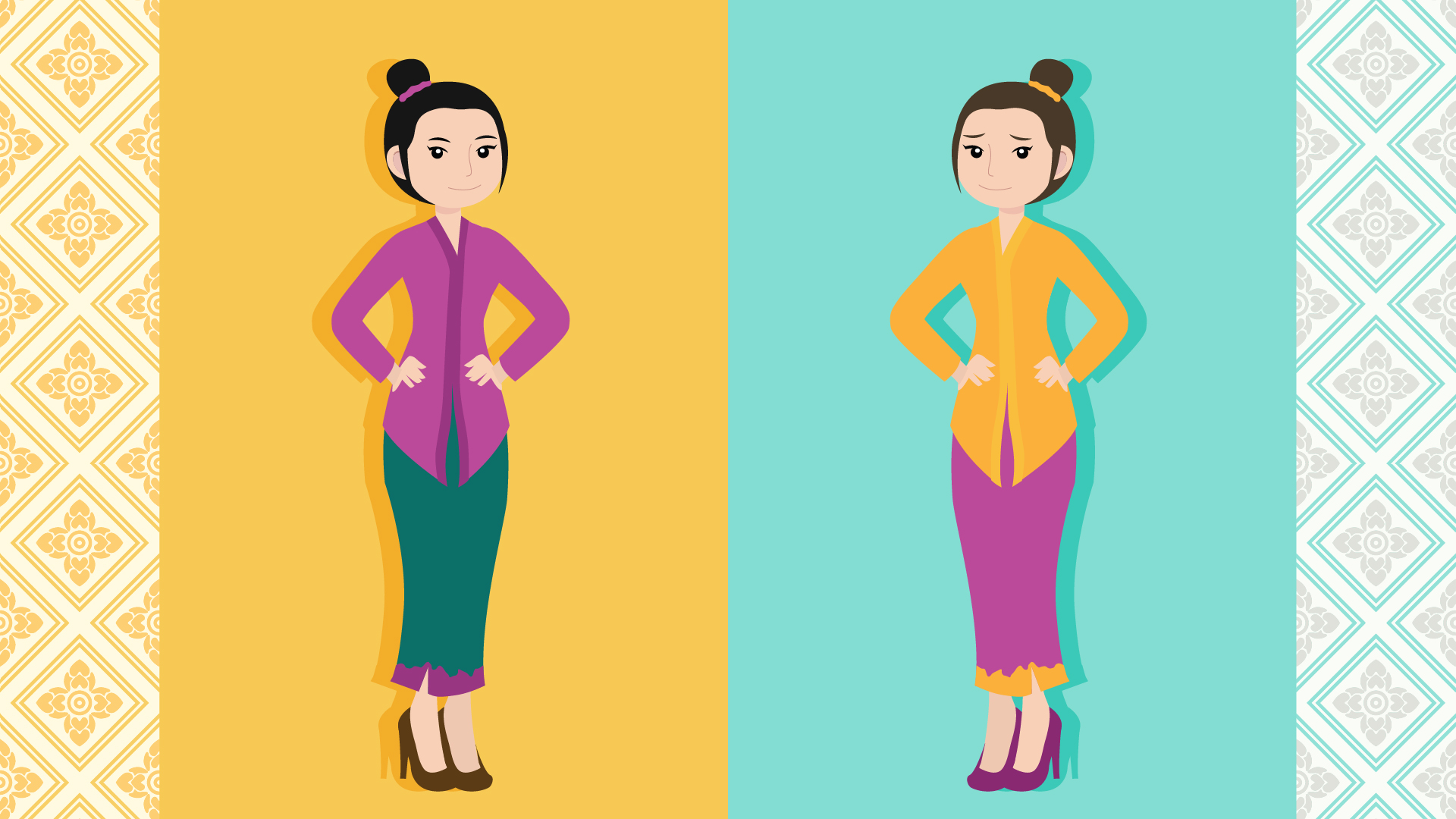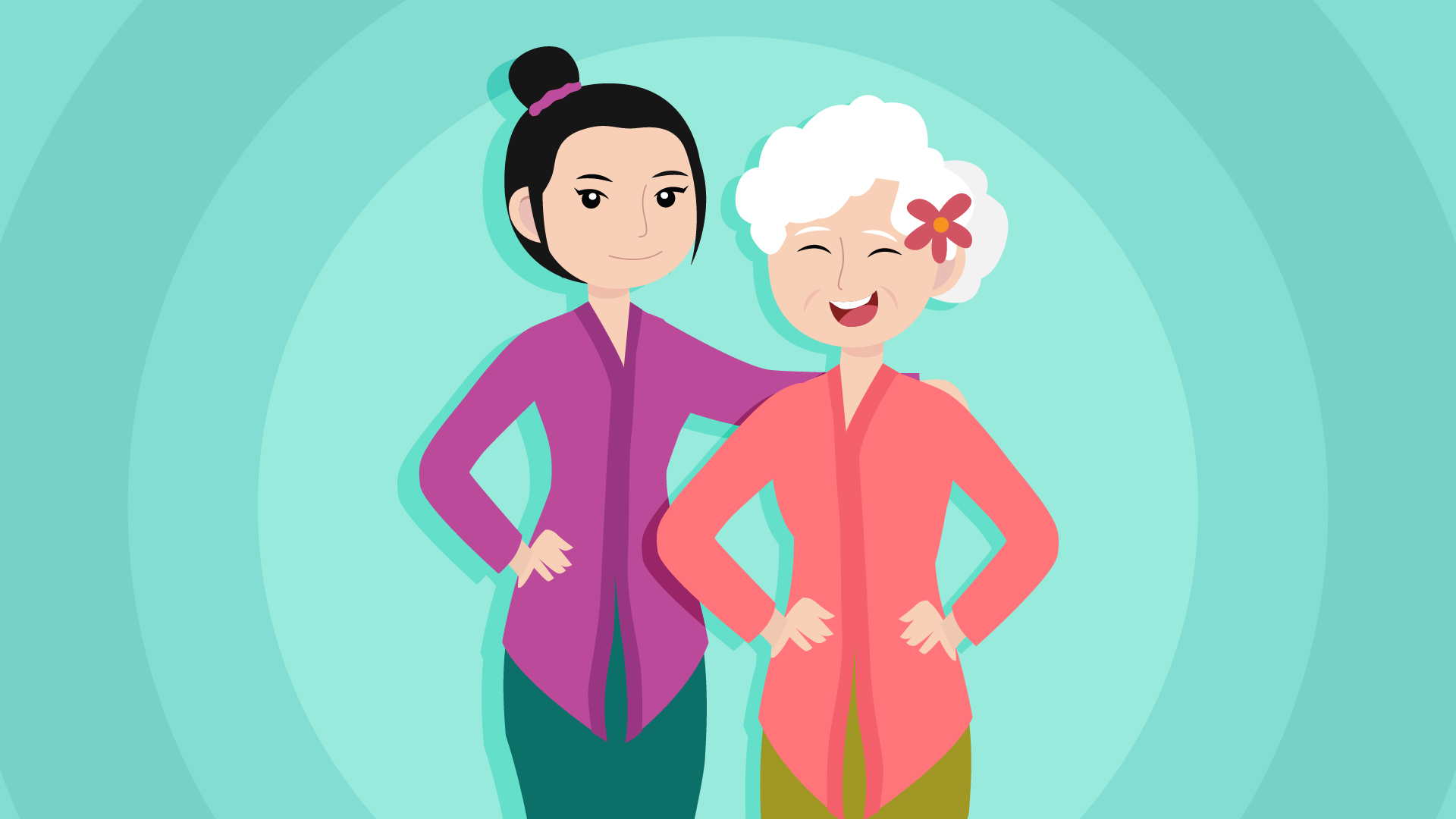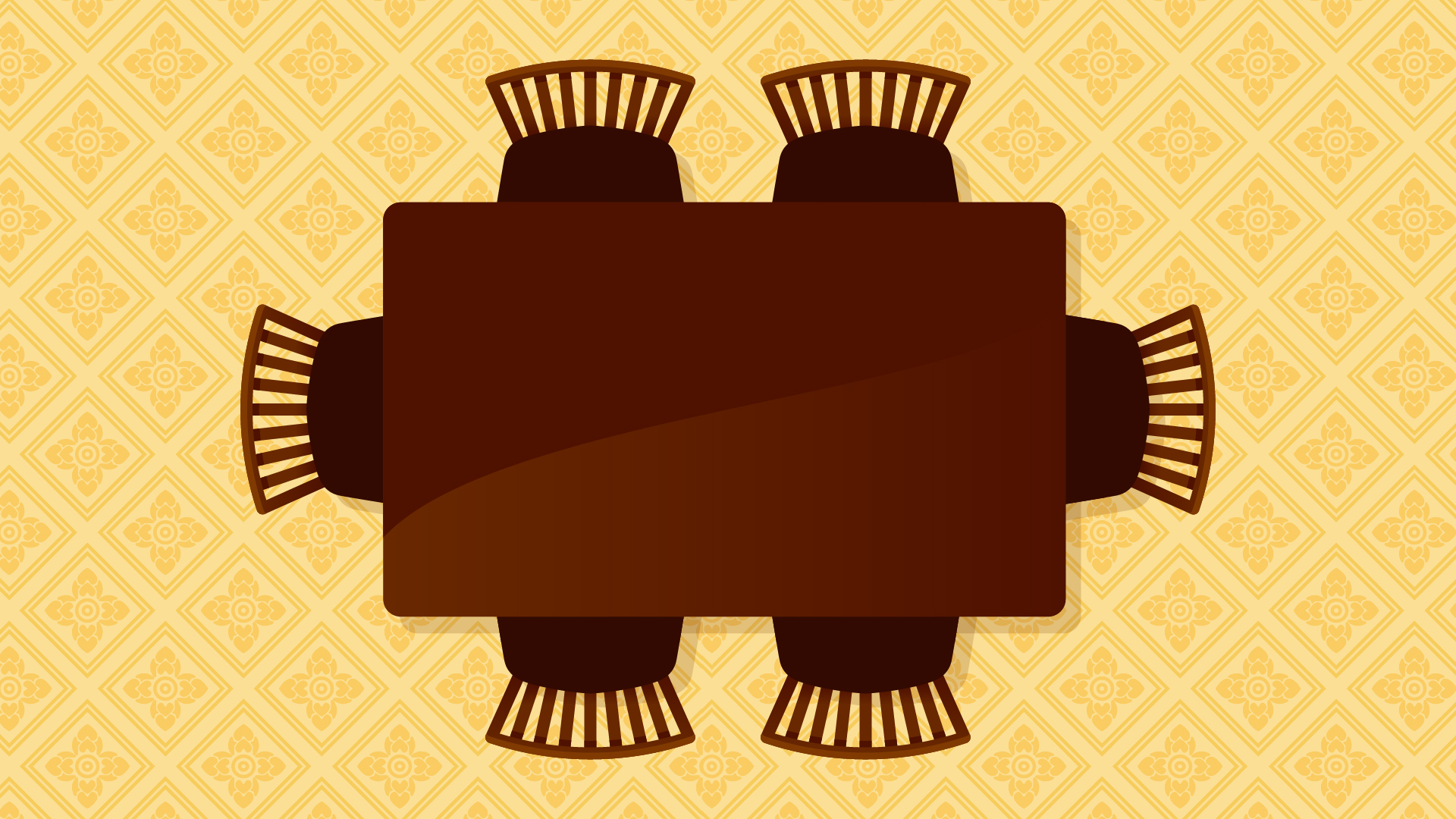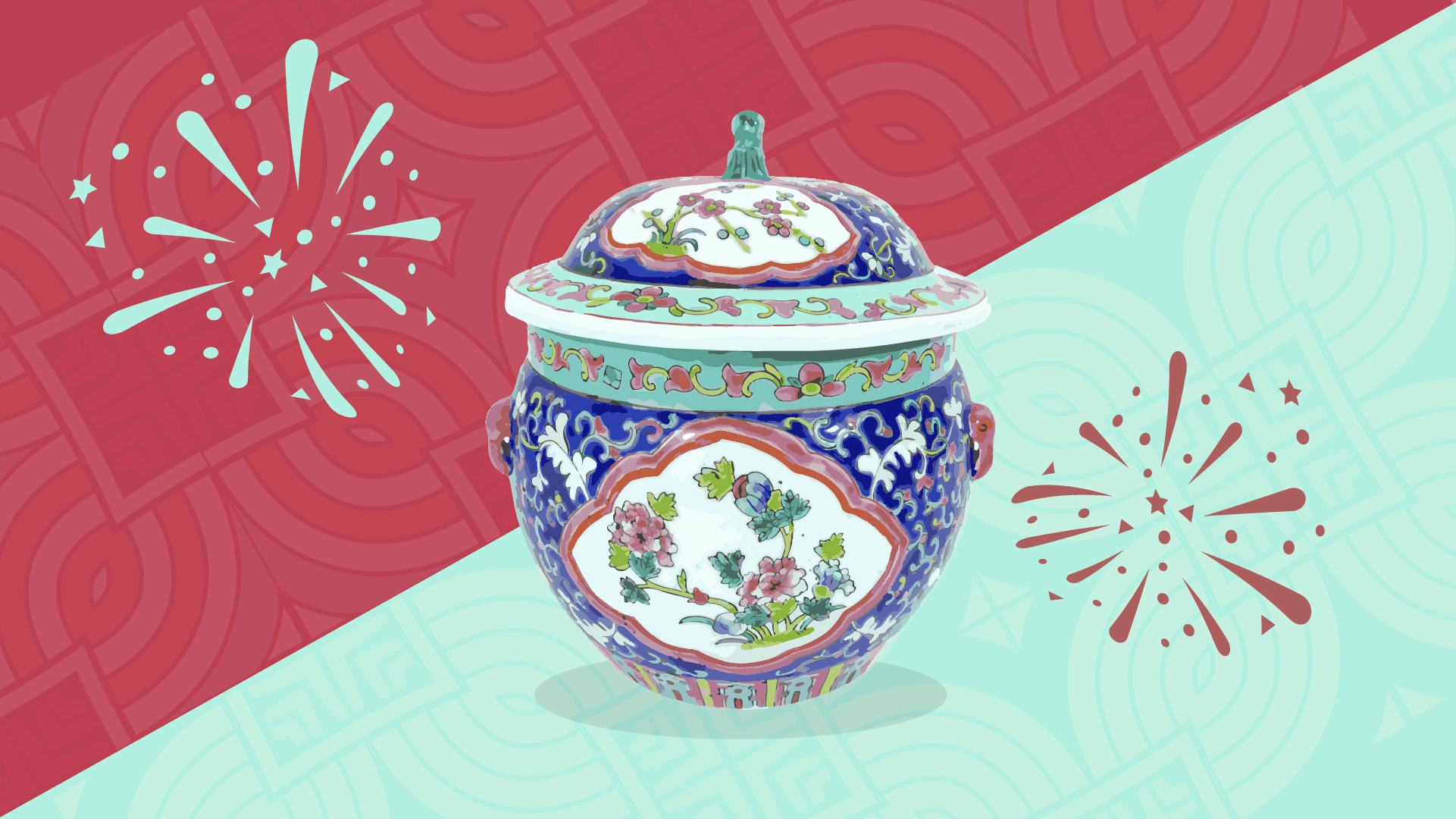
(Michelle Yeoh No GIF By Regal on GIPHY)
My inspiration came from these: Tuning in the television and the commercial of ‘The Little Nyonya’ series appeared on the screen, binge-watching Netflix series and stumbled upon ‘The Ghost Bride’, and replaying one of my favourites ‘Crazy Rich Asians’ with the Peranakans settings in the story itself. Through it all, the overwhelming beauty of the local Baba-Nyonya culture has once again reminded me of the diversity in Malaysia, wherein later took me to complete this article.
Exploring a hybrid racial culture in countries such as Malaysia isn’t difficult as this fruitful land consists of diverse ethnicities and tribes reciting from different geographical locations in history. Among all groups of hybridization, Baba-Nyonya is one of the unique and well-known communities that is facing a tremendous blood extinction. With that, it’s essential to study them a little bit for a brand new cultural rediscovery.
History
China faced economic downfall back in the 10th-17th centuries which enabled the immigration of Chinese from various provinces to recite in Malay Archipelago and trade interventions since then. The long-term settlement has allowed many Chinese men to marry the local women and formed an indigenous bloodline with a label called Peranakans. These are the group of people with a mixture of ancient Chinese culture and Nusantara customs as well.
According to a Kasetsart Journal (2017), children who are straits-born- that include Sumatra, the Riau Archipelago, Singapore, North Coastal Java, Malaysia, Phuket, and the Philippines- are defined as Baba (males) and Nyonya (Females). In Malaysia, this ethnic group can be found in Penang and Melaka since the British colony in 1826.
Today, whenever we speak about Baba-Nyonya, the first thing that comes to mind is always the traditional clothes, followed by the food and museum antiques, but do we really know much about their traditions? Without further ado, here are a few things of Baba-Nyonya I’m going to unearth to you today.
‘Nyonya’ and ‘Peranakan’ are two different things!

People usually mixed up the terms between Baba and Nyonya with Peranakan. The Chinese immigrants who came to Malaysia early and married local women with entirely new traditional beliefs described their offspring as Peranakans. This usage is correct as Baba-Nyonya is indeed part of the examples of Peranakan, but Peranakan, on the other hand, doesn’t only signify the spectrum of this community.
As complex as it is, the term Peranakan originates from a Malay root word anak, which refers to “locally born and bred”. That being said, Peranakan is more than just Baba-Nyonya. Apart from the Chinese straits, we also have other ethnicities such as Serani (a mixture of Portuguese and Malay), Jawi Pekan (Indian-Muslims), and Chitty (Indian Peranakan).
Uxorilocal Marriage is acceptable, but the economic status has to be similar

Ever wondering if Asians possess such a culture where grooms get married to brides and change their surnames to signify unity? Yes, it does, and it happens among Baba-Nyonya communities.
Uxorilocal marriage, or also known as matrilocal marriage, is a reunion where males move into the females’ houses. Despite not being a common practice nowadays, this wedding custom was popular back in the olden days between Baba and Nyonya.
While there’s a misconception that a male who is married to a female indicates that the female family is more wealthy, the fact is that the community focuses a lot on equal social rank. With that, marriage usually happens between two families of compatible financial status.
Though encouraged to stay at home, matriarchy social does happen!

As mentioned above, Baba married Nyonya in the Peranakan culture. This infers that the matriarchy system is a norm in their household. Although females are instructed to wear kebaya and stay at home except for the 15th day of the Chinese new year in the past, women are usually the head of the house where they carry the responsibilities to make decisions for the family while men go out for work.
You will be surprised that not only are they handy at sewing, embroidery, and cooking, but the Nyonyas are capable of protecting their family.
Rectangle dining table instead of circle’s

Ever heard of Tok Panjang but weren’t sure about the definition behind it? Leveraged from the Hokkien and Malay words, tok refers to table, whereas panjang means long. In Peranakans, tok panjang is a long table that serves its place in the main hall during grand feasts.
Unlike the usual circular dining table, Baba-Nyonya hosts their Tok Panjang in a rectangular size with specific sitting arrangements and dishes for various occasions. According to the custom, the chefs were normally pre-booked a few days earlier for the preparation to ensure the intensive sumptuous food during the event.
Kamcheng is only for special occasions

If you watched the shows stated at the very beginning of this article, you ought to see the Chinese Baroque architecture through the interior houses and other accessories associated with Peranakan. Kamcheng, the covered jar that’s filled with Nyonya foods, is one of the significant items that will always make its appearance on the screen.
Being known as a pot that stores food in TV series and films, do you know that it’s only used on special occasions such as Chinese New Years, Birthdays, Anniversaries, and Weddings? The reason is that the term itself carries the positive connotation that would bring good value to these remarkable events. Kamcheng means ‘close’ and ‘good relationship’ in Hokkien which explains why it’s only worth presenting during happy celebrations.
The acceleration of technology and human evolution has taken Baba-Nyonya to extinction. With its iconic contribution to Malaysia’s multi-ethnicities, we as youngsters today must learn to appreciate the beauty of Peranakan cultures so that the preservation of these traditions will survive for generations in this country. If you are just like me, getting tempted to buy traditional clothes and savour Nyonya’s food after reading this, let’s plan a cultural day trip together for that, shall we?


0 Comments